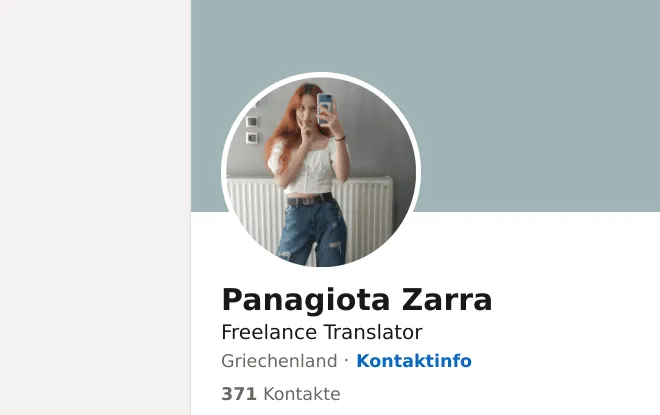
Monero translator Yiota on building local communities
Yiota is a professional translator from Greece. We talk about her career and how cryptocurrency translators could play a role in building local communities.
How did you first learn about Monero and why do you like it?
A good friend of mine suggested me Monero because of its good privacy and decentralization. Thanks to the opportunity of becoming a part of the translation community I learned even more about it.
Currently most of the conversations in the Monero community happen in English. Do you have ideas on how we could start more Monero communities in other languages? is there a Greek / Korean Monero community?
Unfortunately, there is no Greek nor Korean Monero community. In order to create a community as such, people could share the idea of Monero with individuals who speak the language and make groups that would surely after lead to future communities of the targeted languages.
Do you think that translators could play a role in this kind of community building?
Yes, I think it would be a good chance for translators to take the first step in this since they are one member out of the next hundreds or thousands to follow.
What advice would you give to people that want to become professional translators, especially for cryptocurrency projects?
As a professional translator, I would advise them first to study cryptocurrencies as best they can to comprehend their terminology and how the system functions. All of that combined would create a much deeper understanding of the technology behind it and make it easier for them to work on cryptocurrency projects.
How does the model of getting paid by a cryptocurrency community differ from “normal” jobs in the corporate world?
According to my research in the cryptocurrency field, payment models differ from one another. In some projects, one gets paid, e.g., after the work is complete. In others, one gets paid monthly as an employee, and in others, as a freelancer. In all three cases, one is either getting paid in fiat currency or the cryptocurrency of the respective project. The employee hired by the company in the cryptocurrency sector mostly doesn’t have any social insurance, and even taxes don’t get deducted from their salary. In contrast to “normal” jobs, employees are essentially self-employed and self-insured.
How does plowsof’s wishlist work and how did you learn about it? As for plowsof’s wishlist, I can’t take any part in commenting on its preparation and learning method since u/mjxmr was the one who provided that work, and I’m grateful to him for helping me with his knowledge and skills.
plowsof wishlist was used to fund Yiota’s work in a decentralized fashion. read more…
How can people reach you?